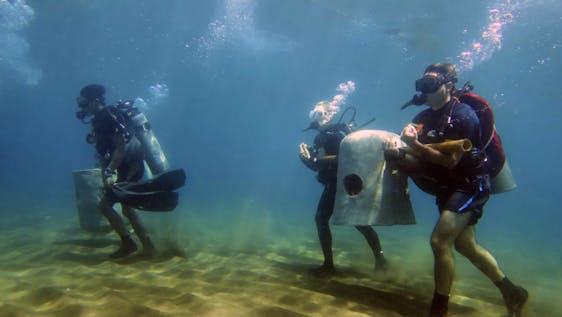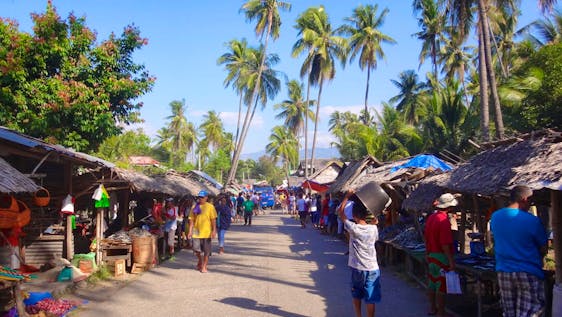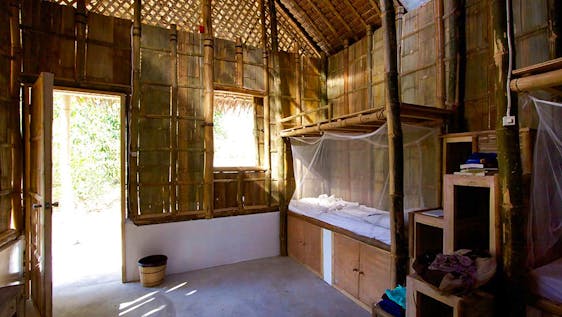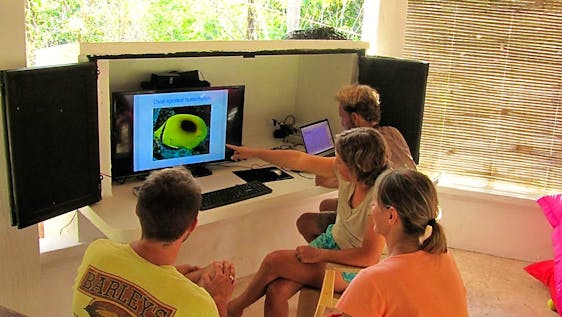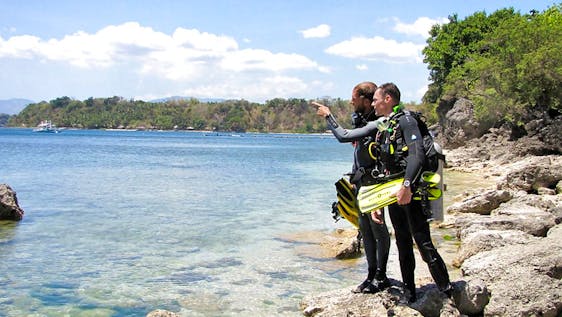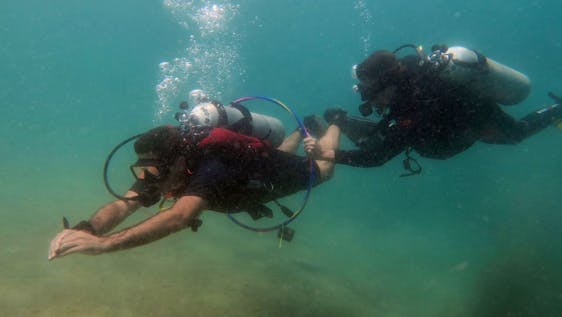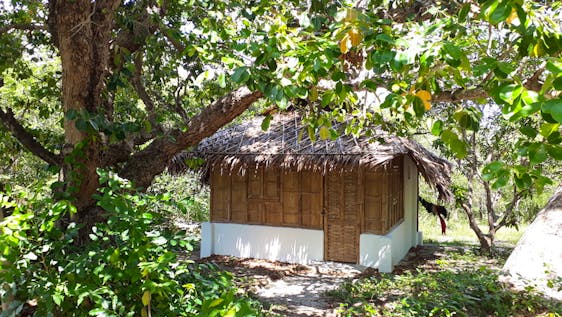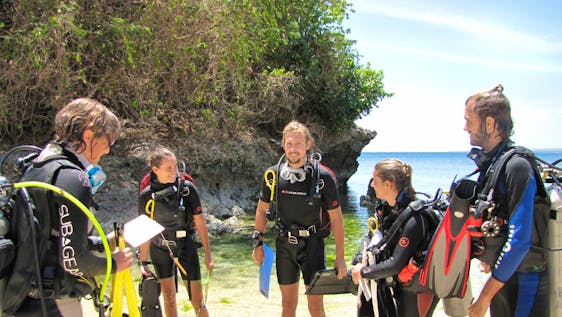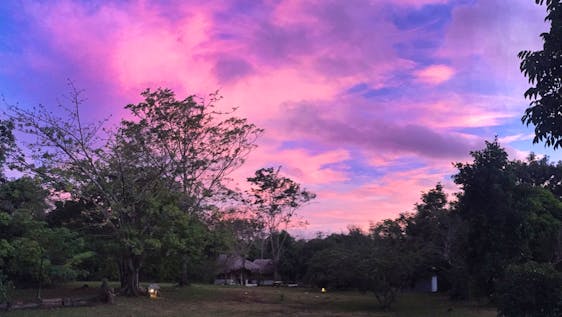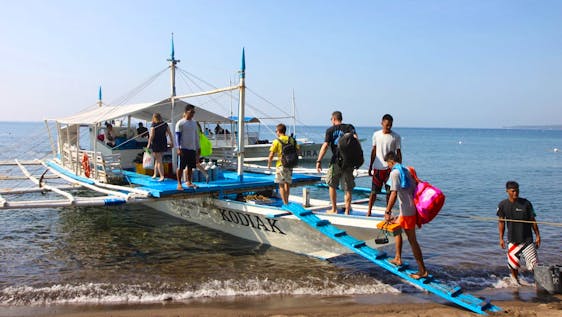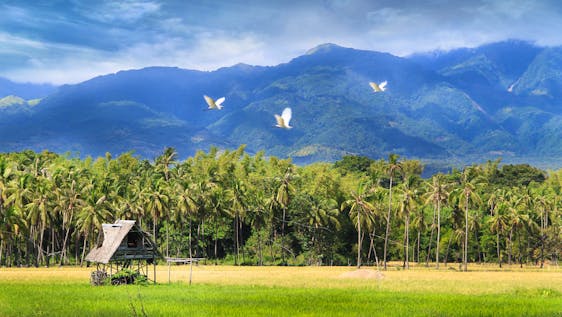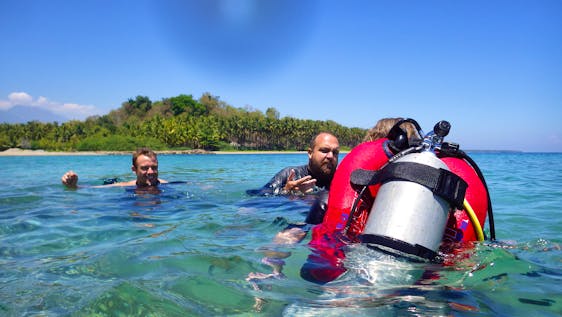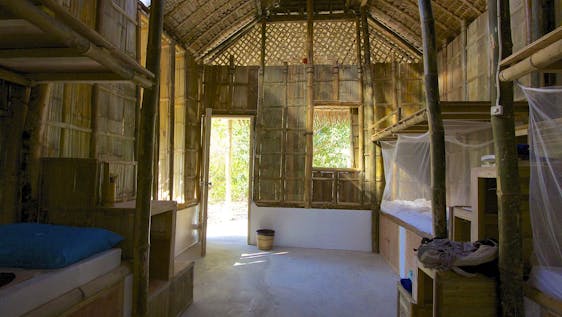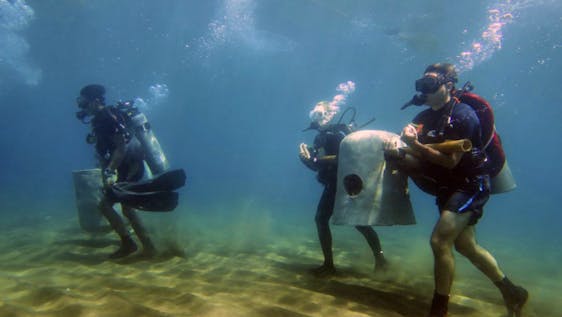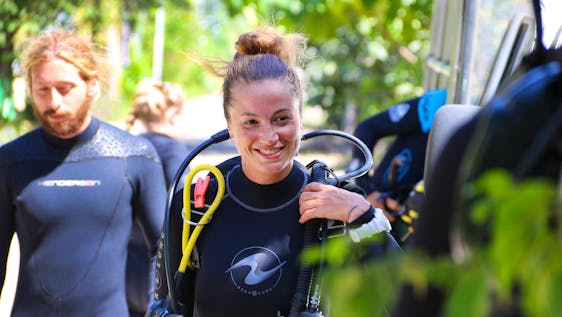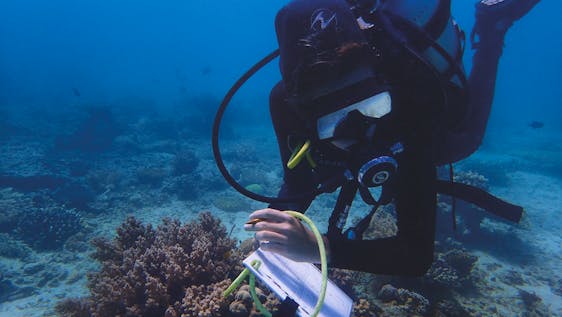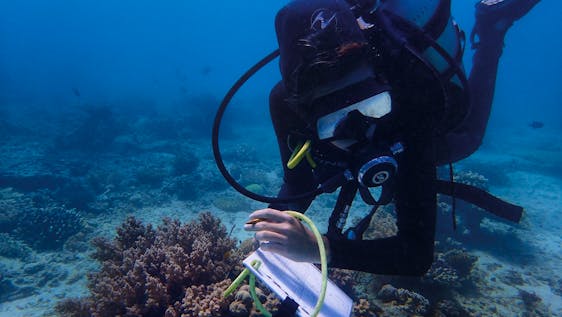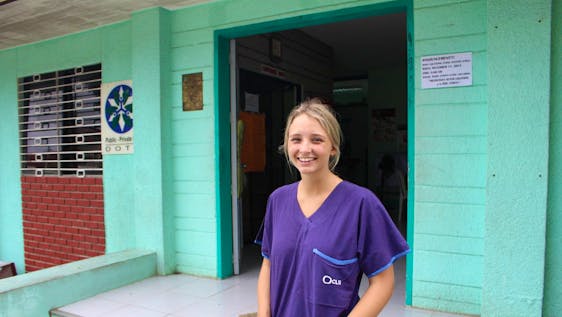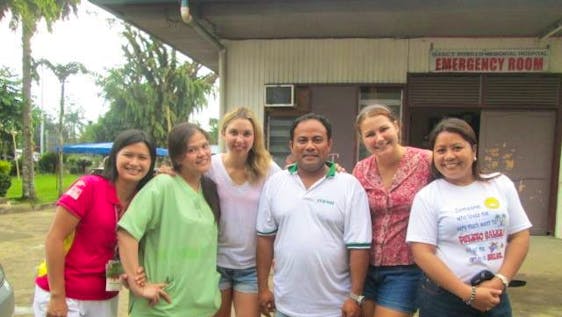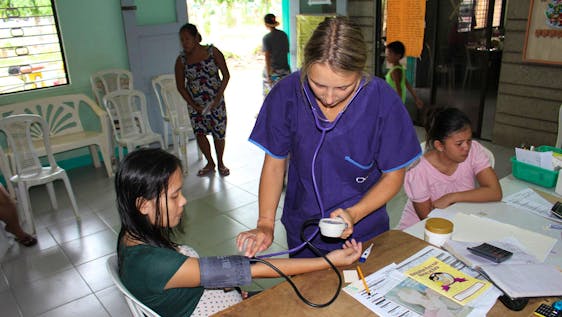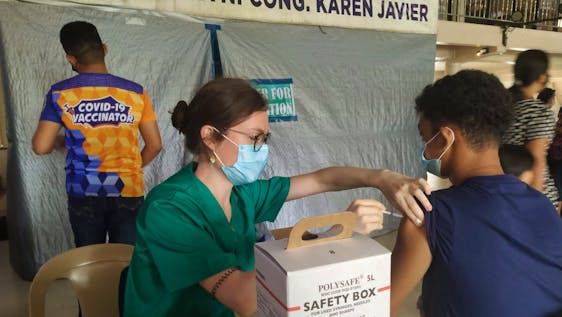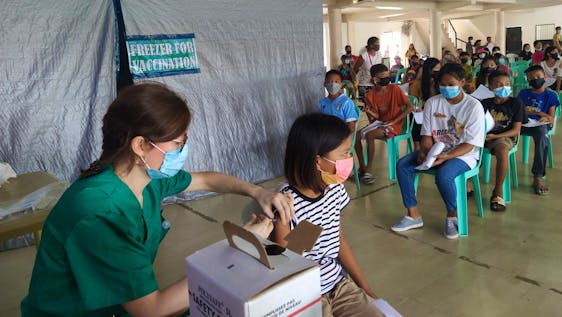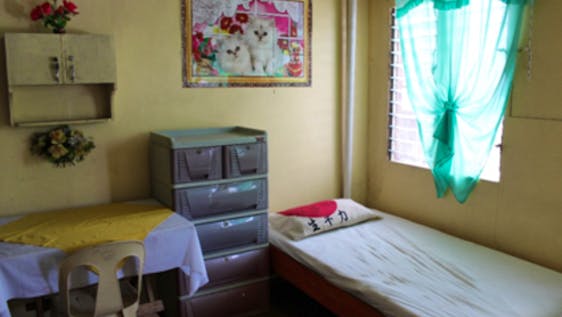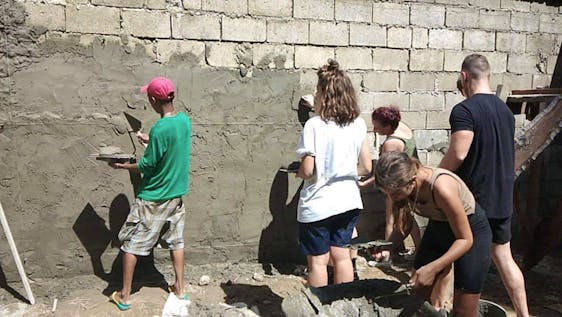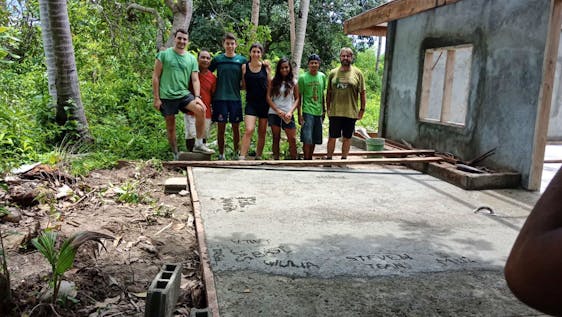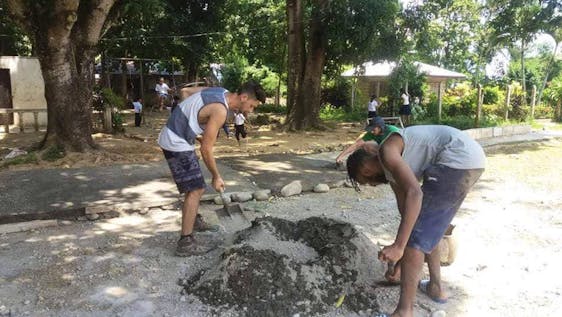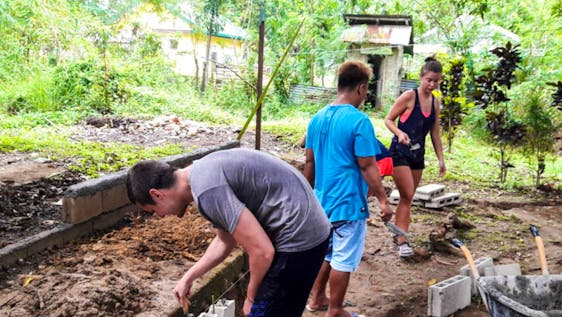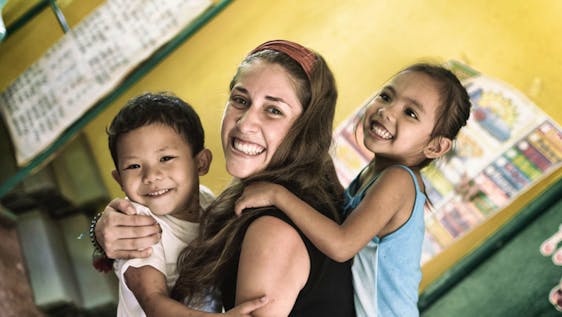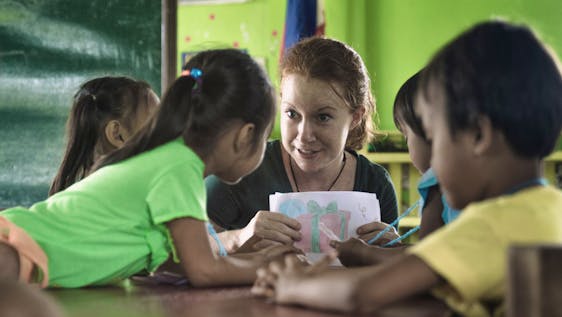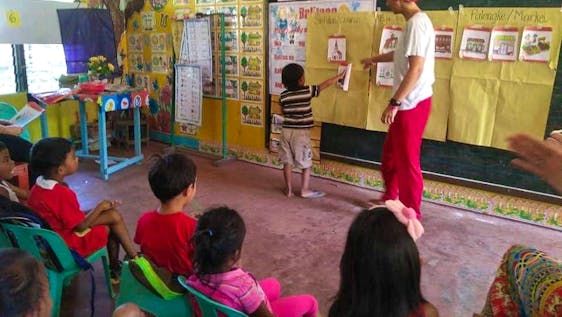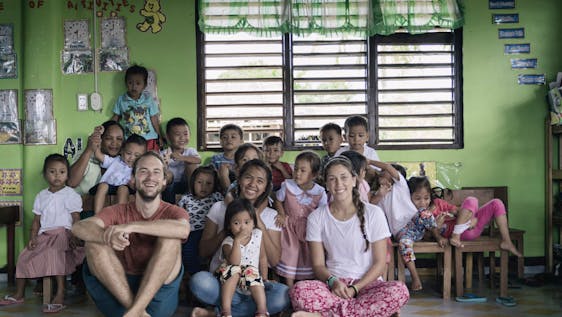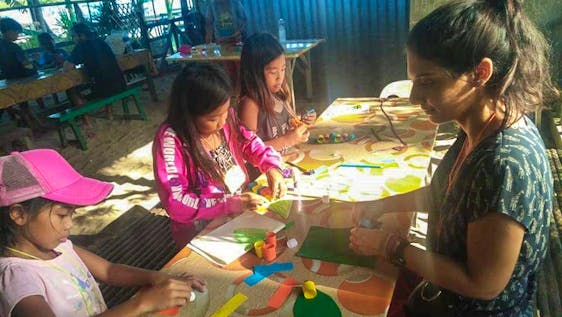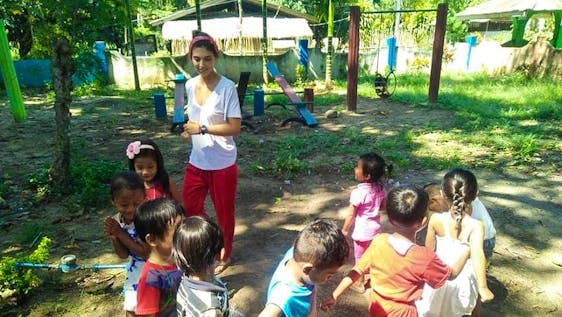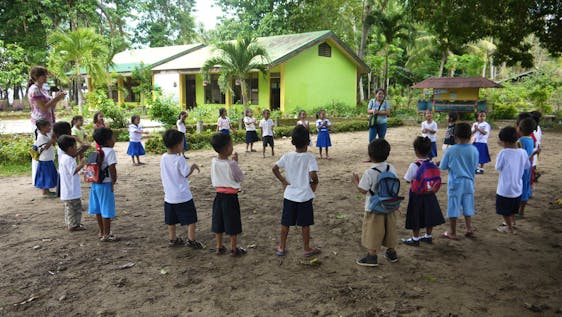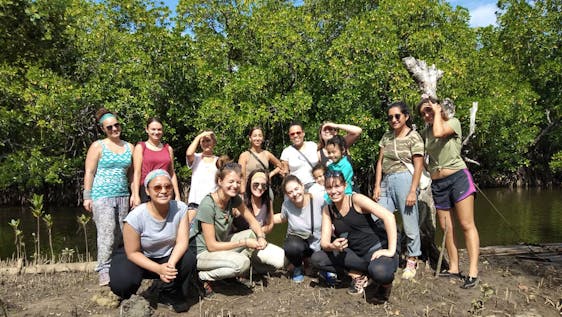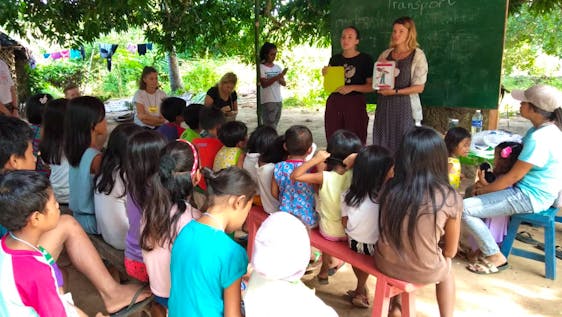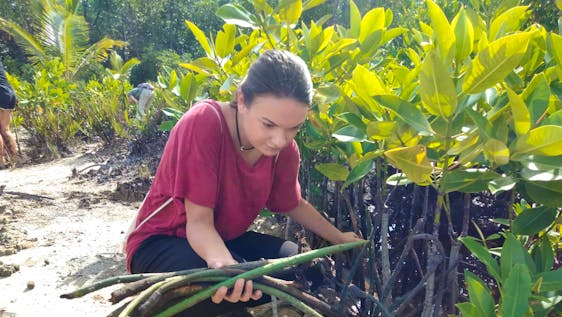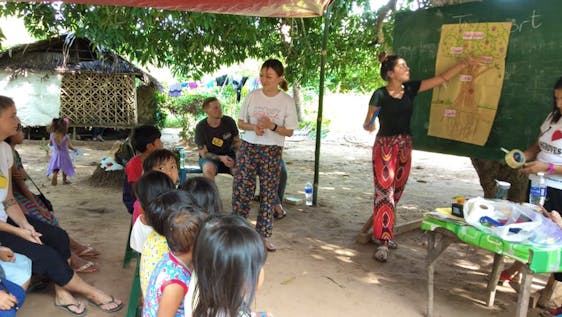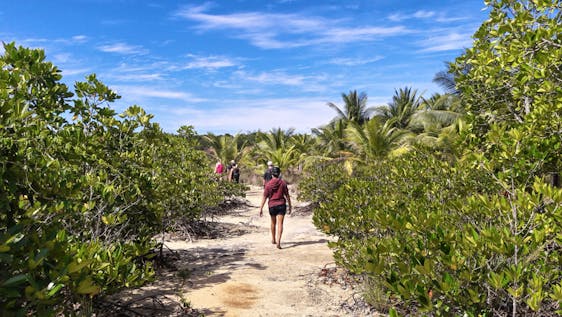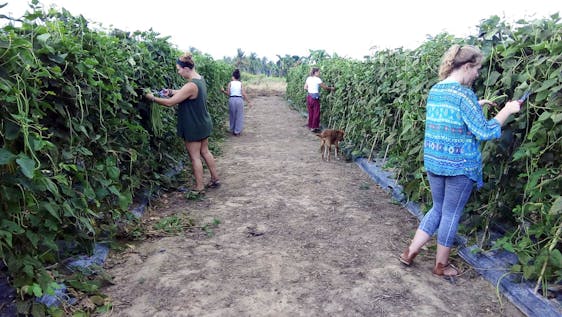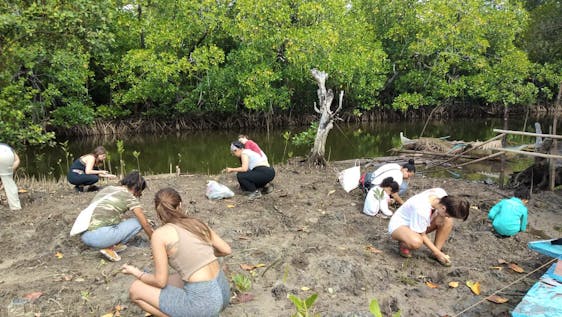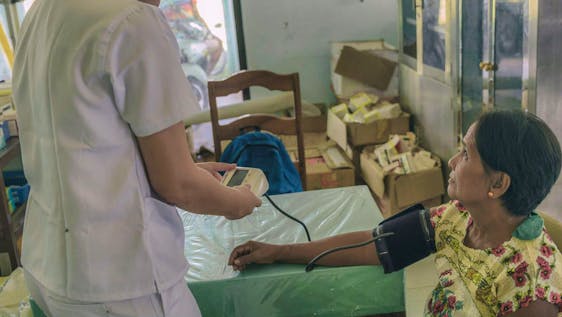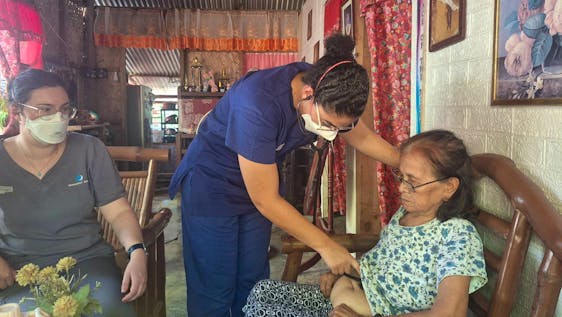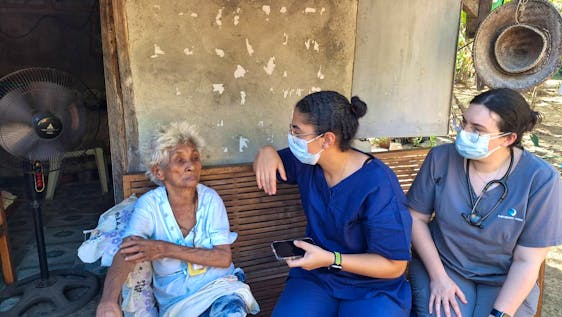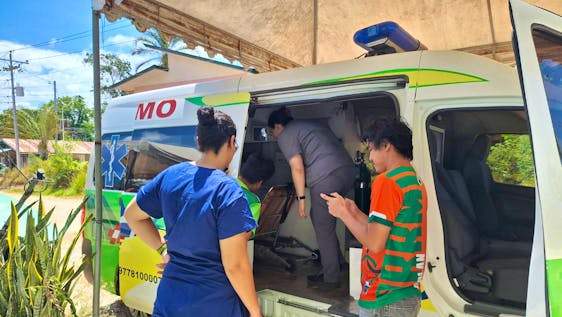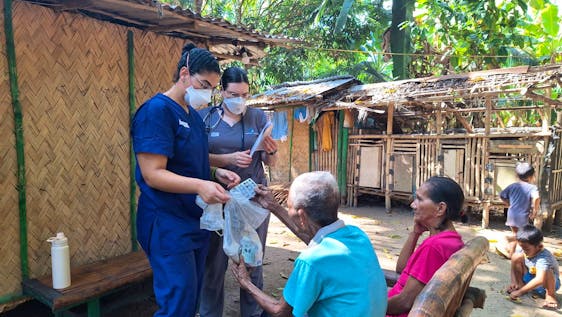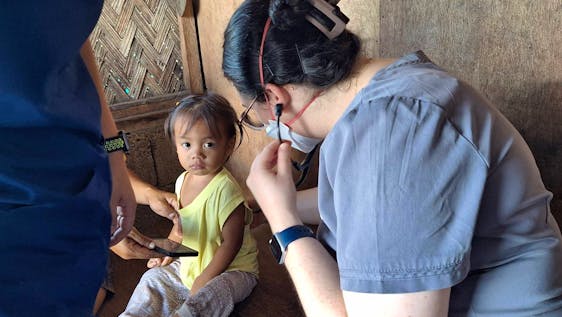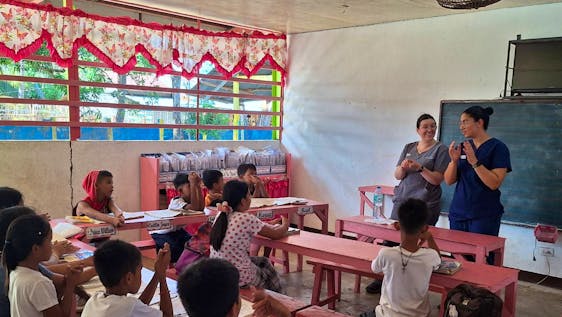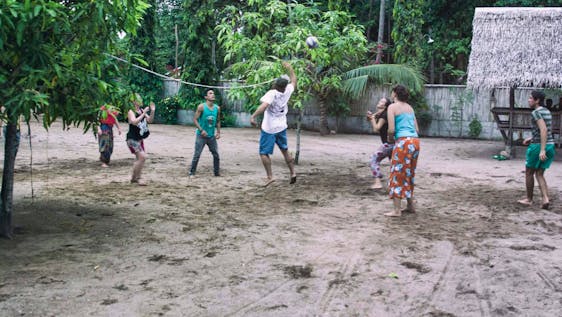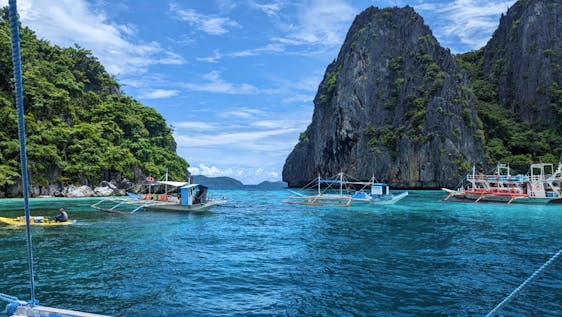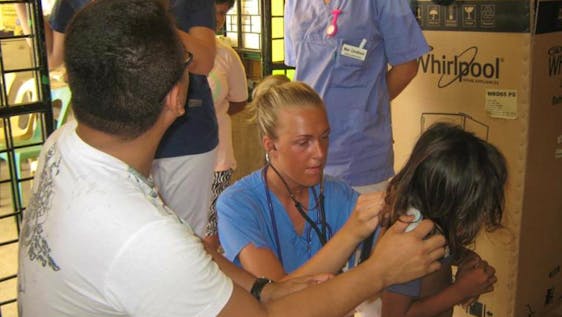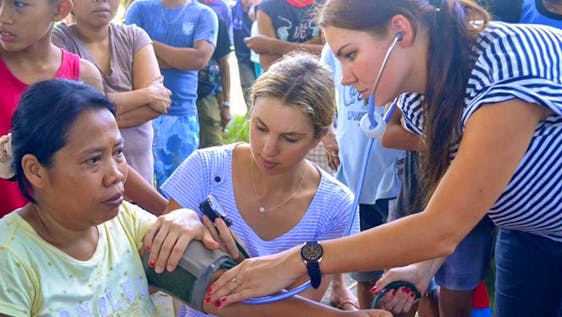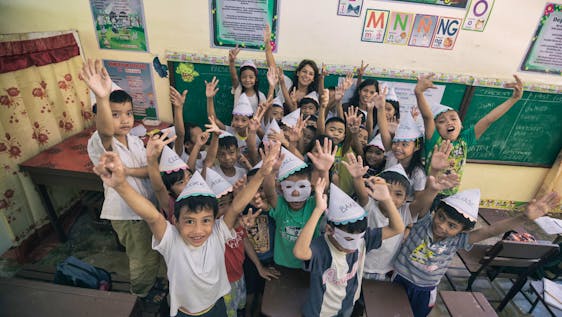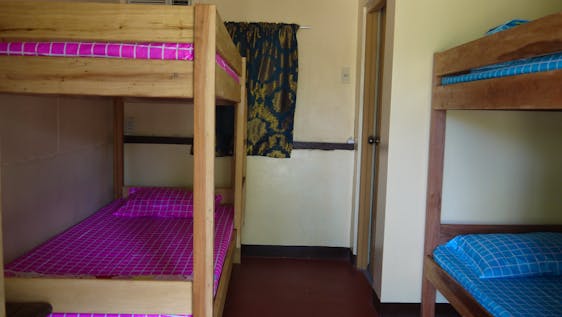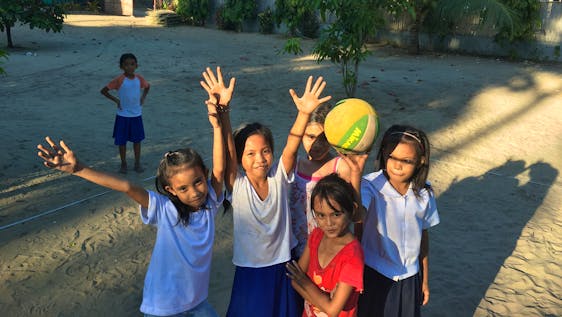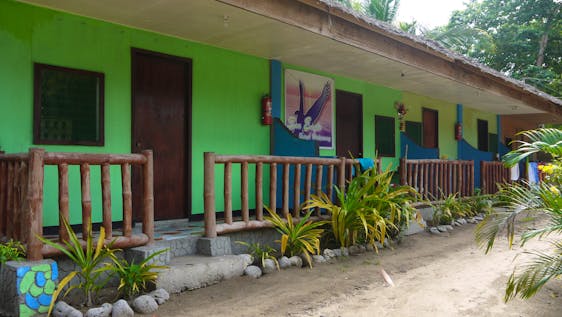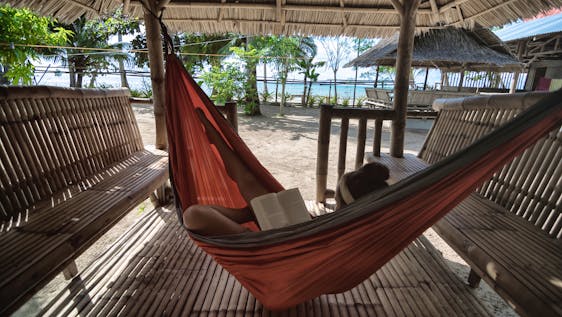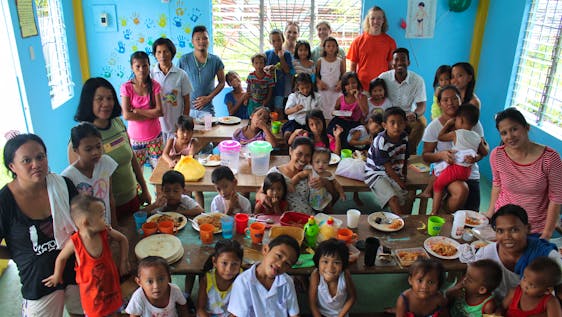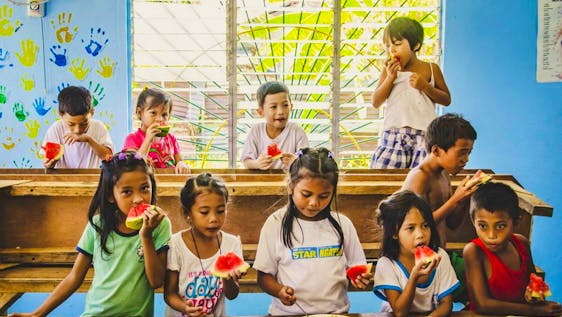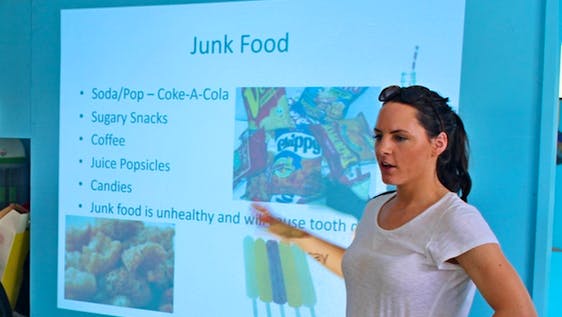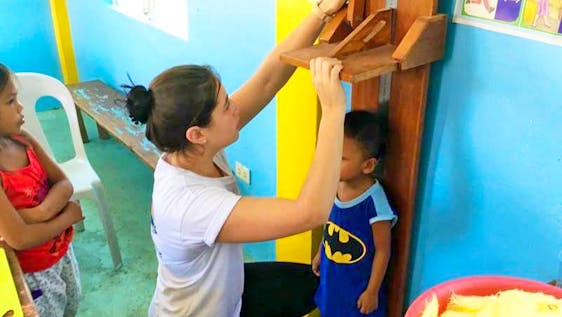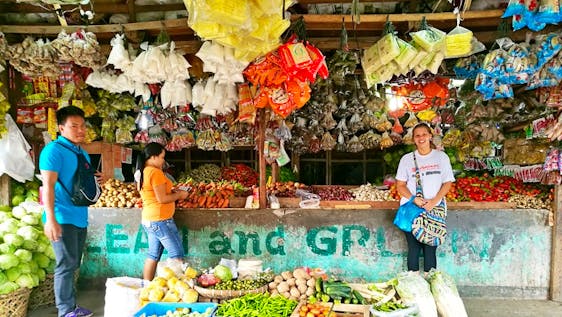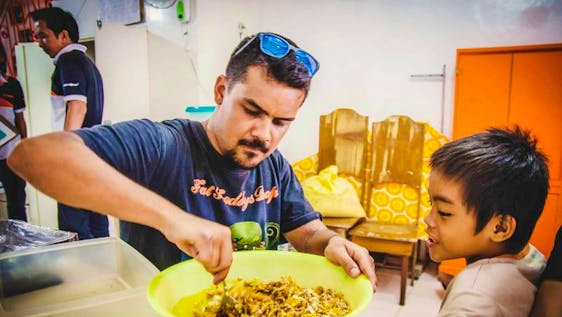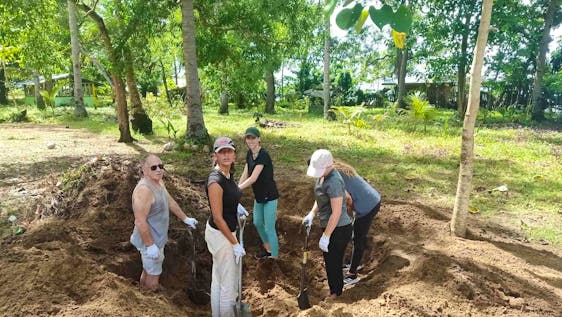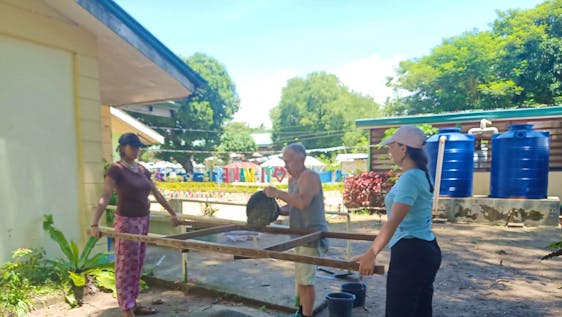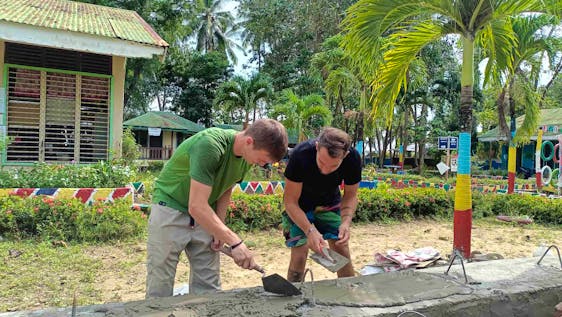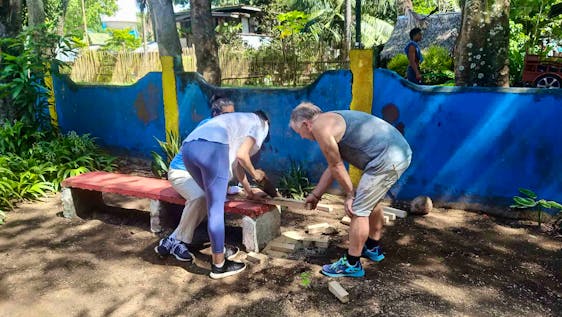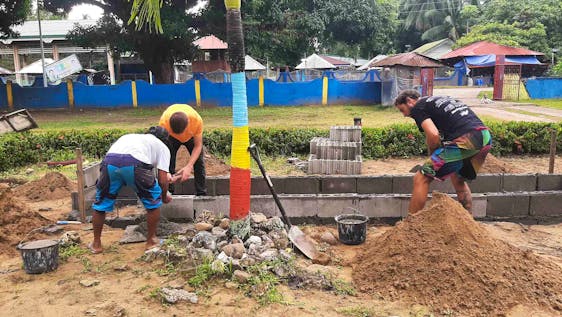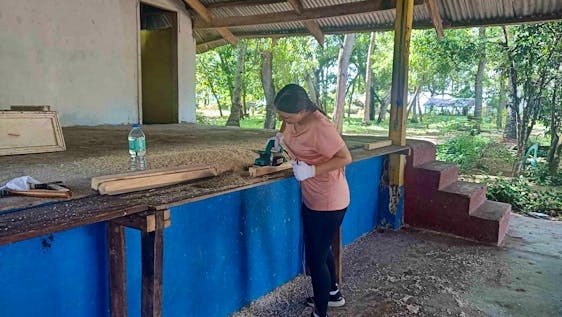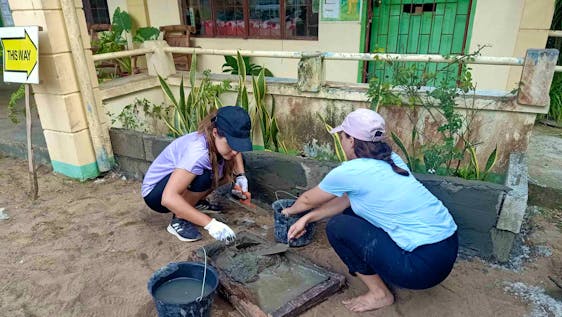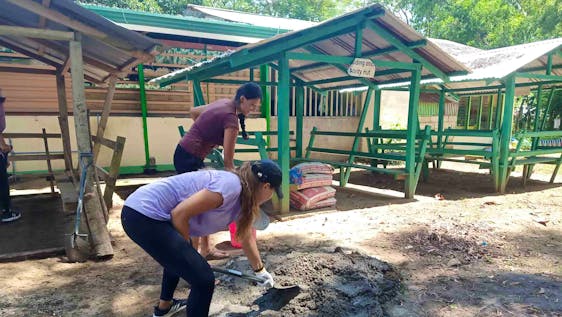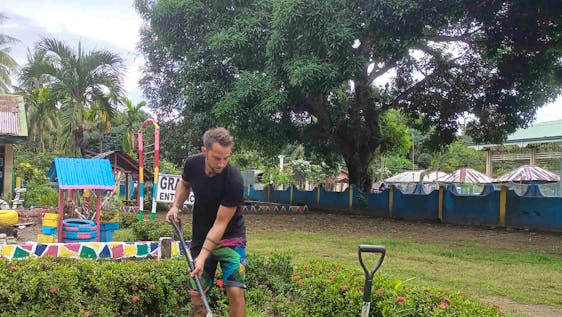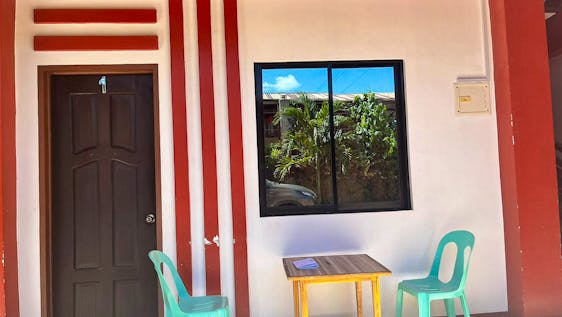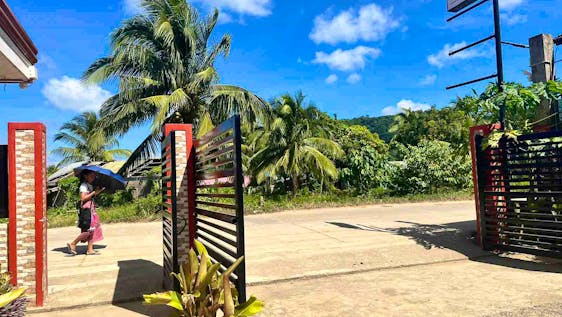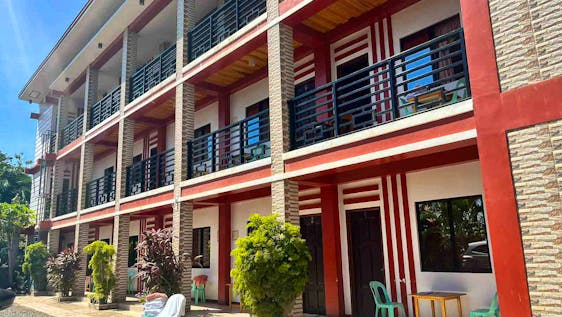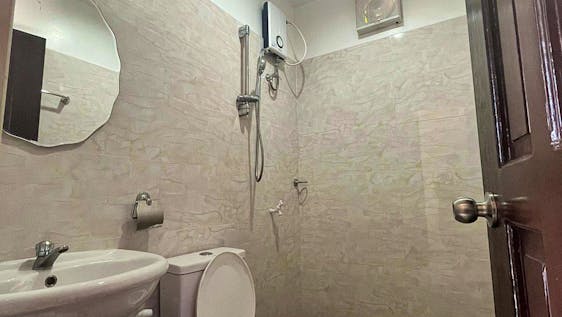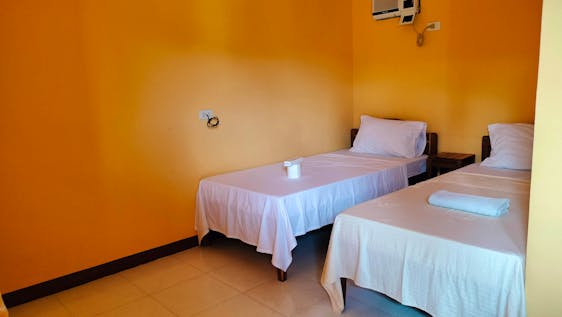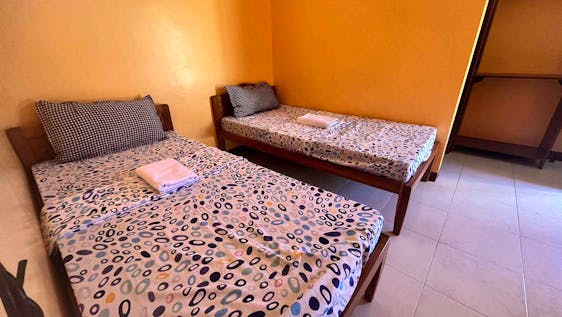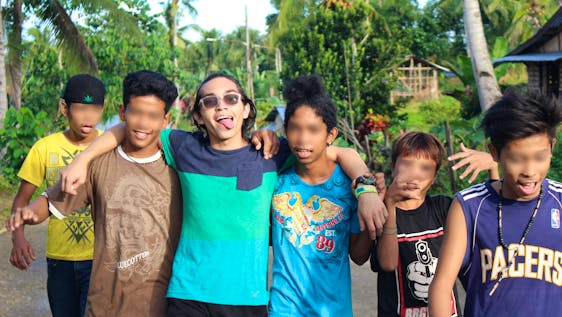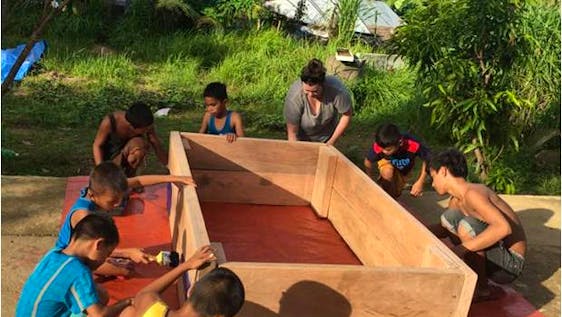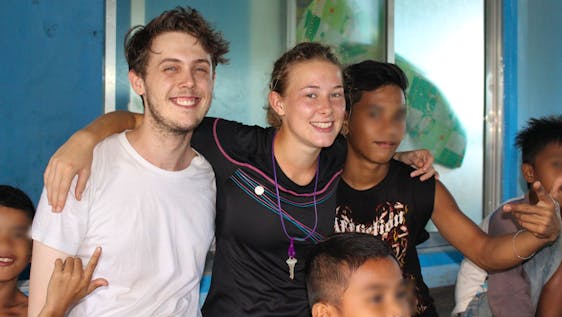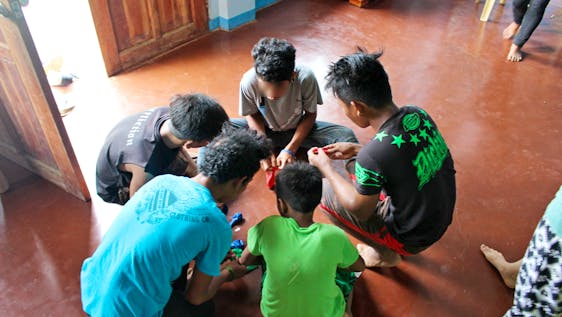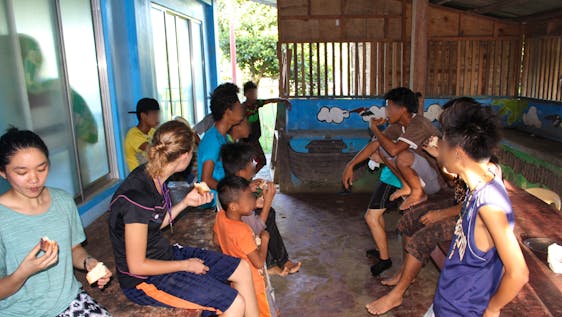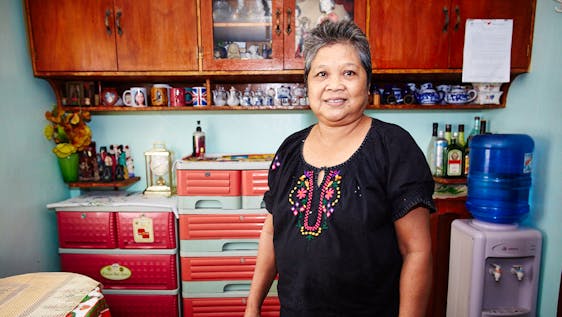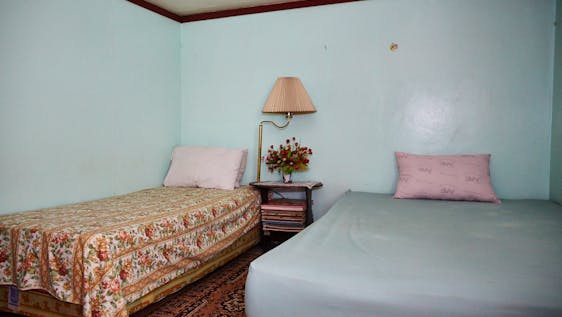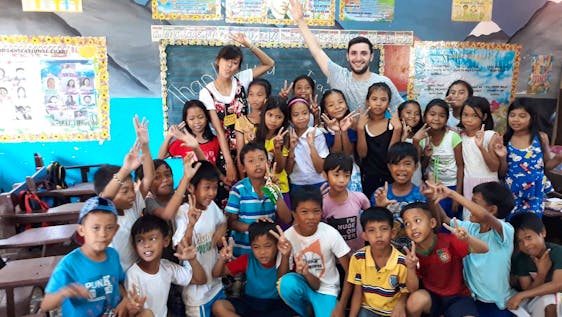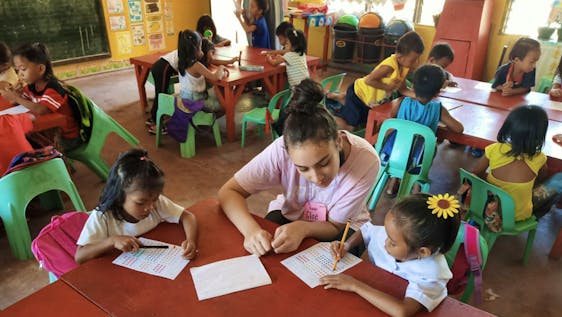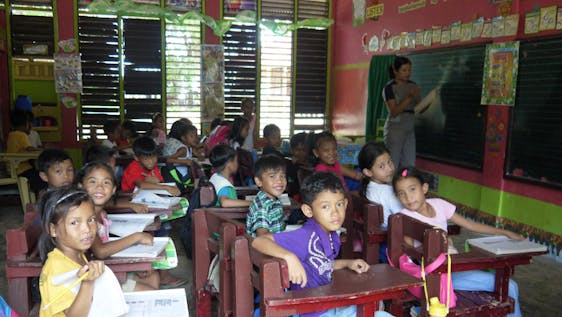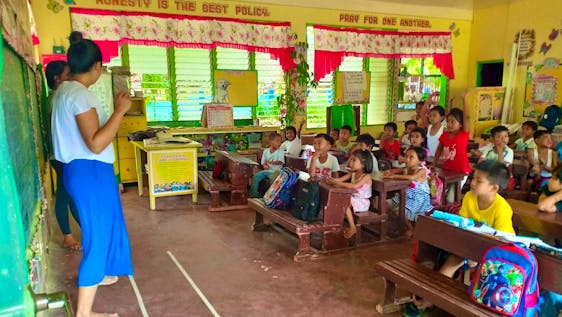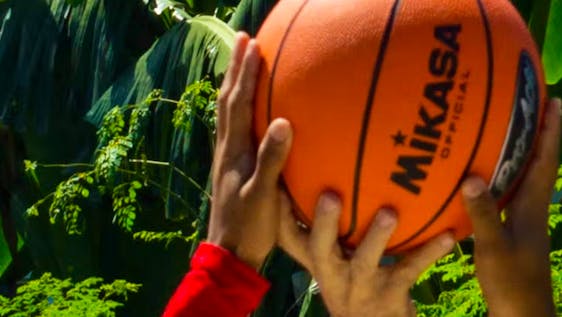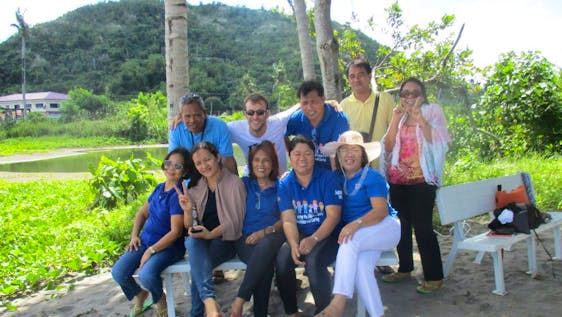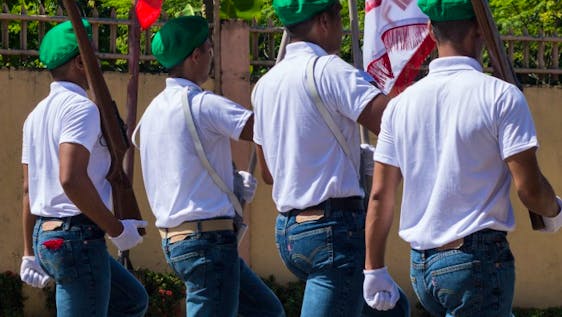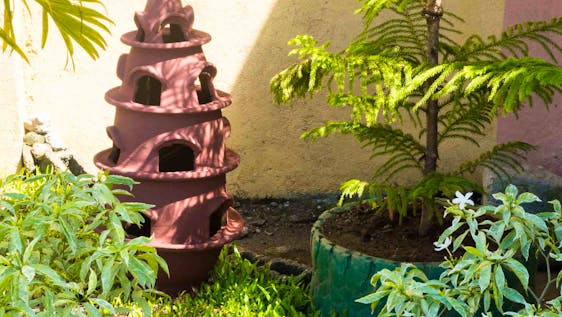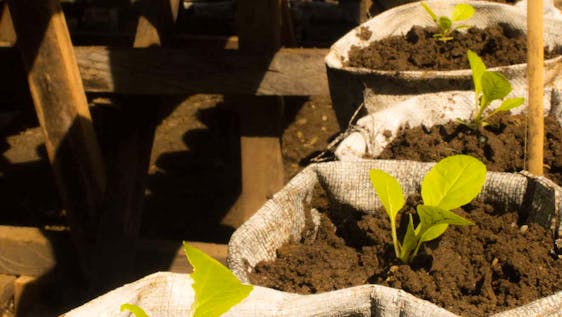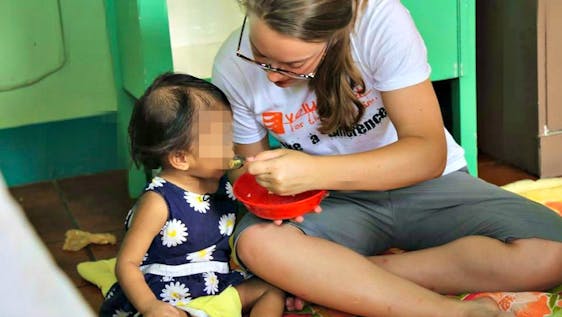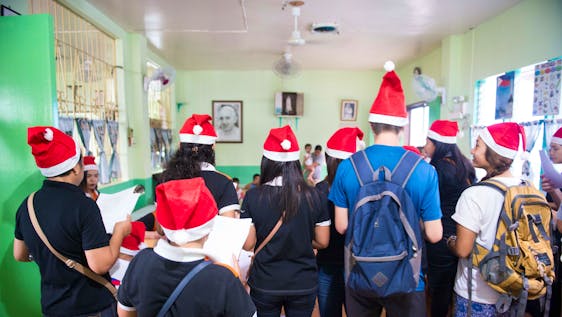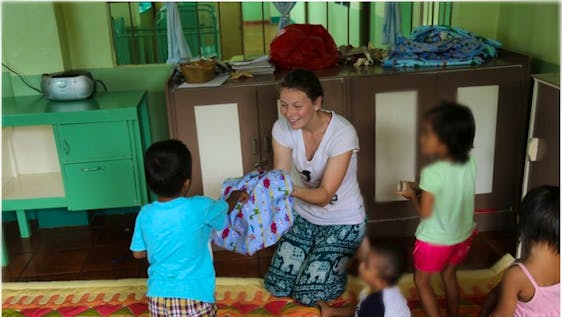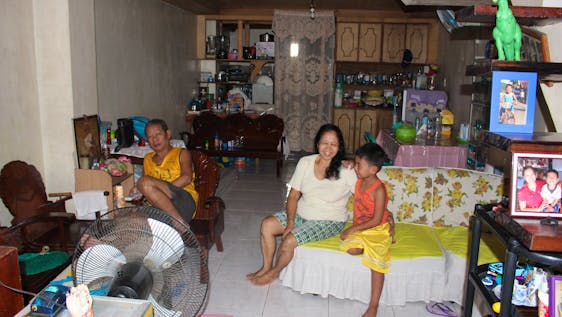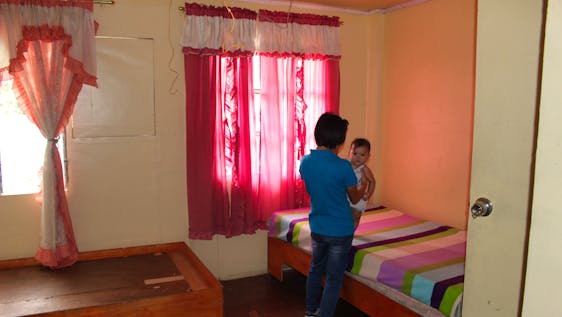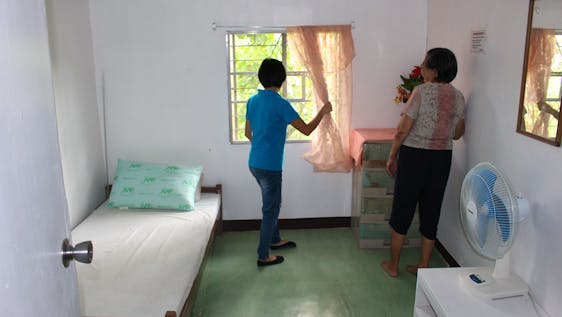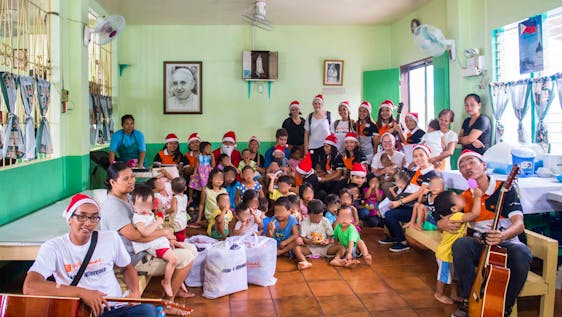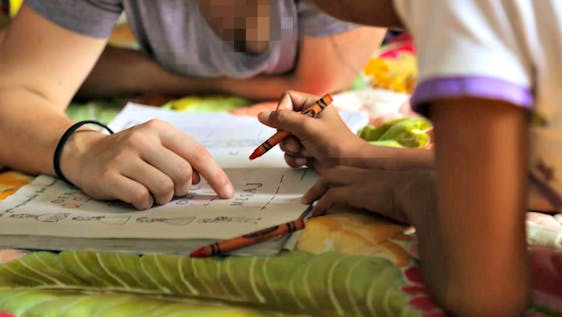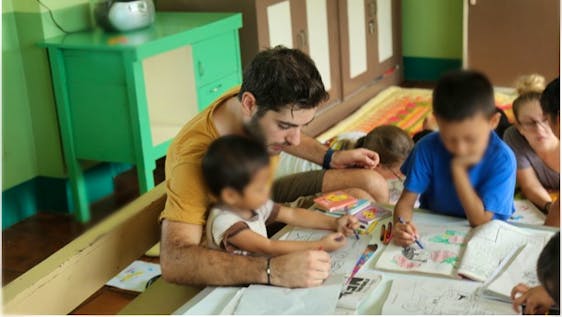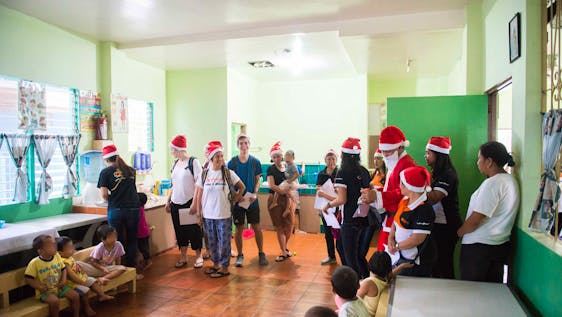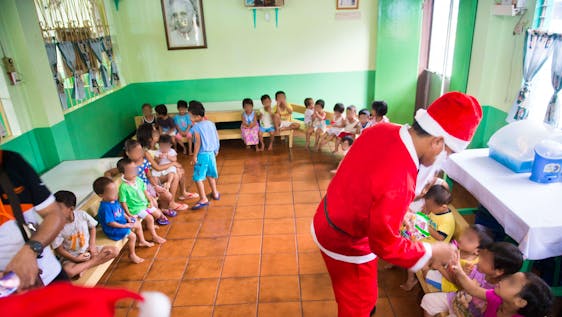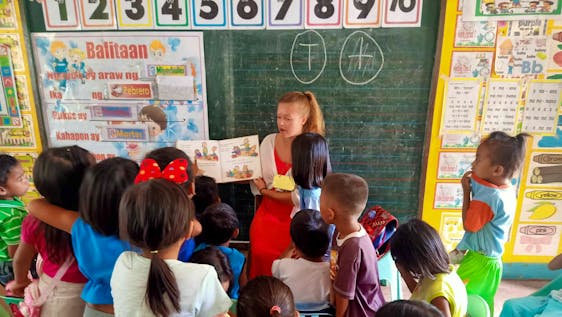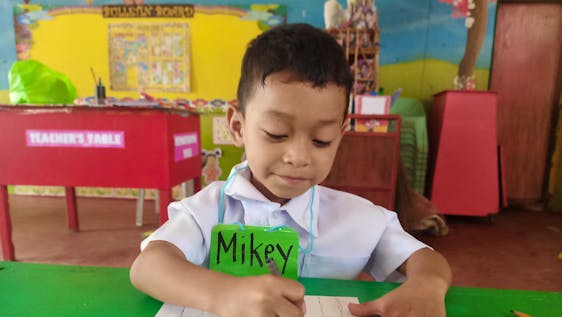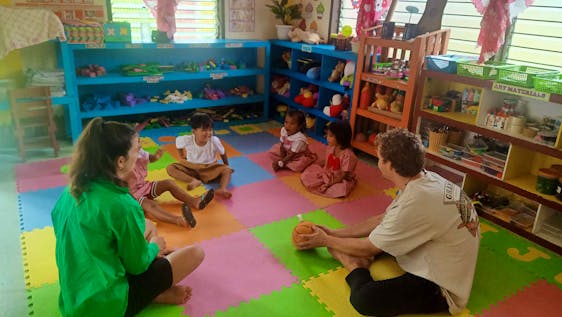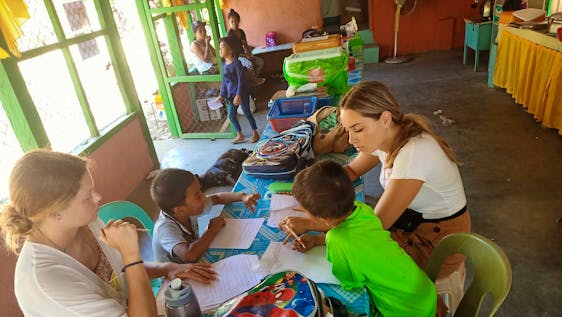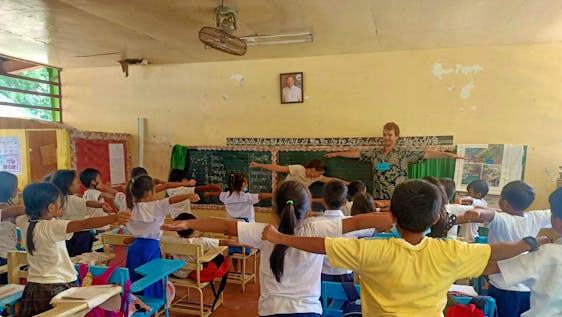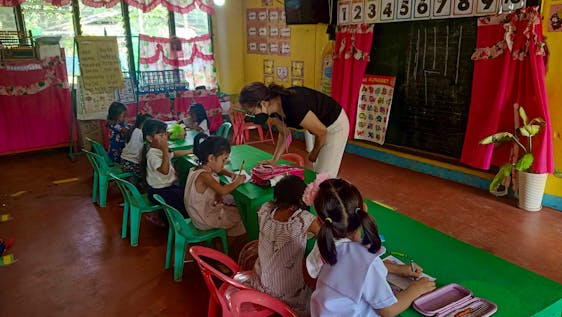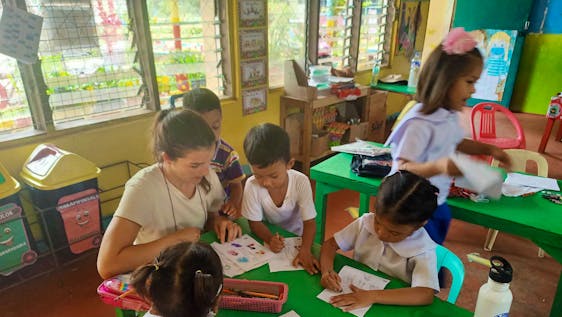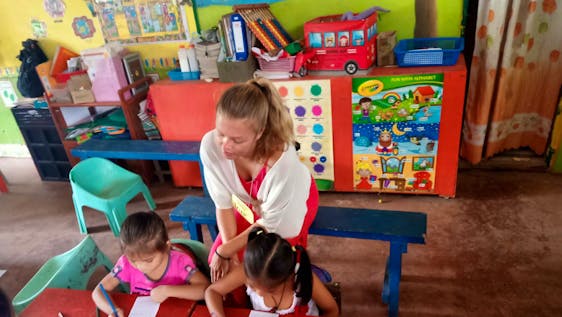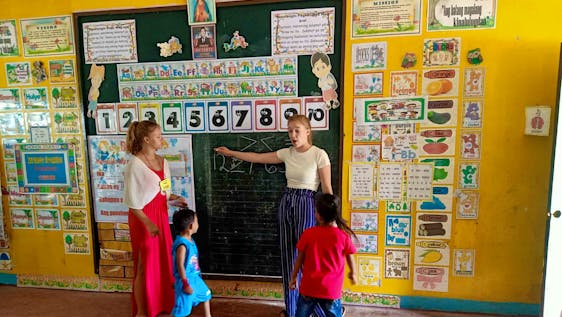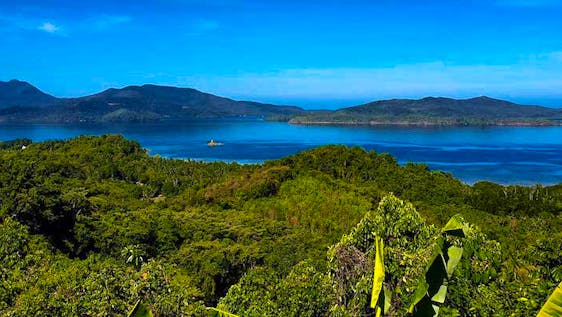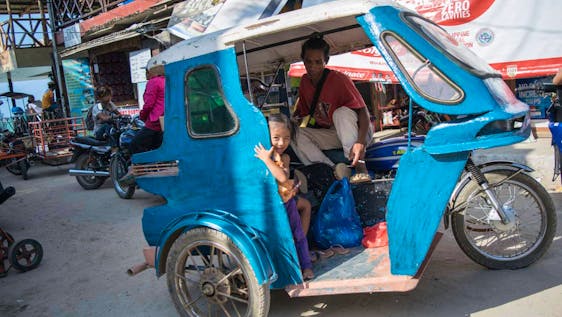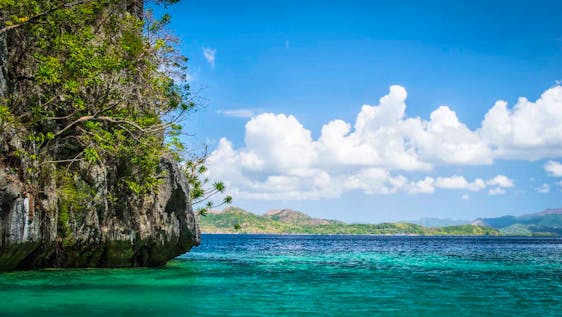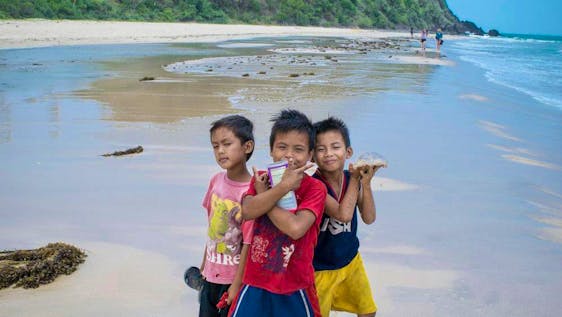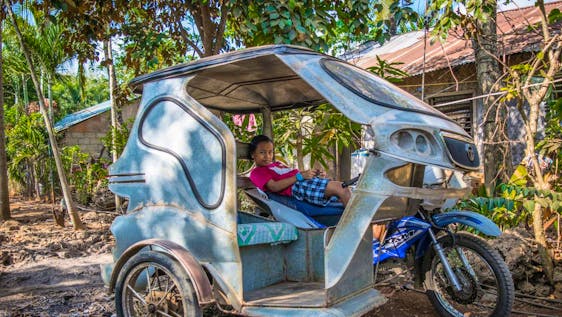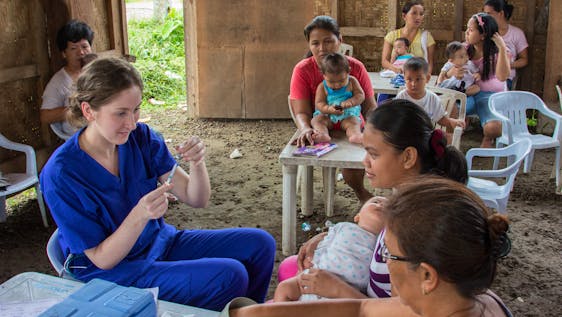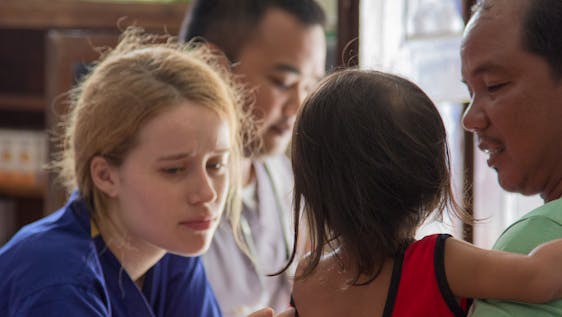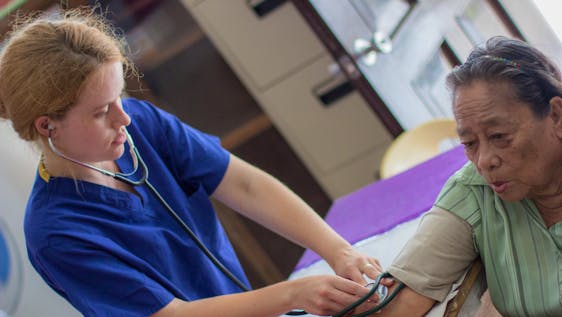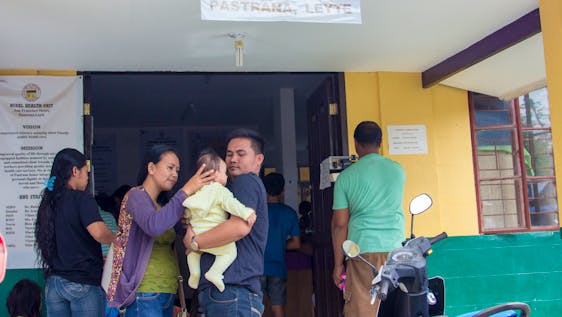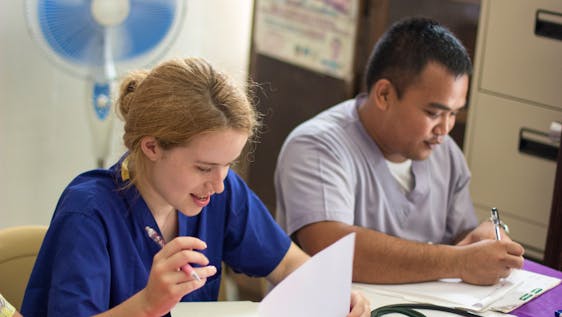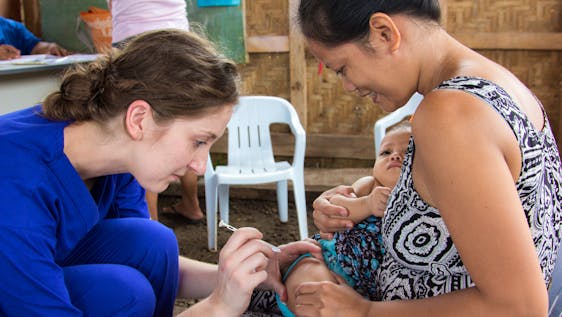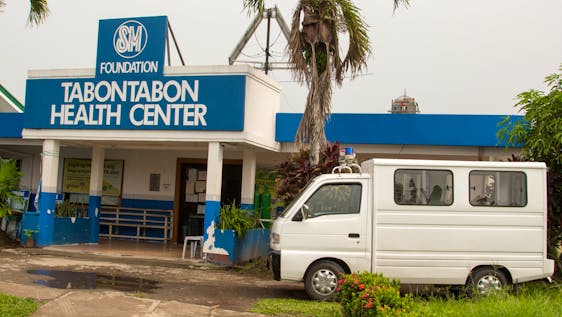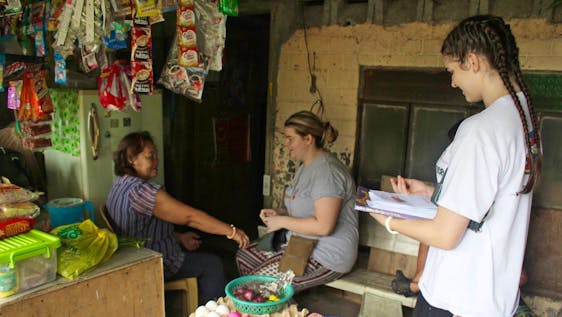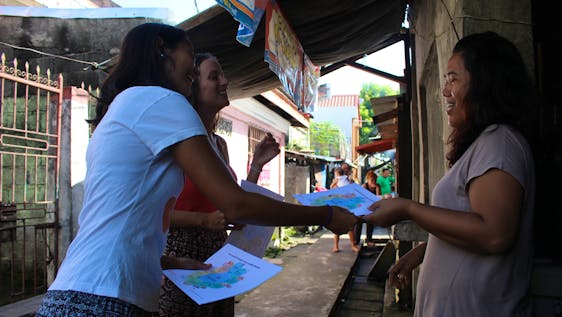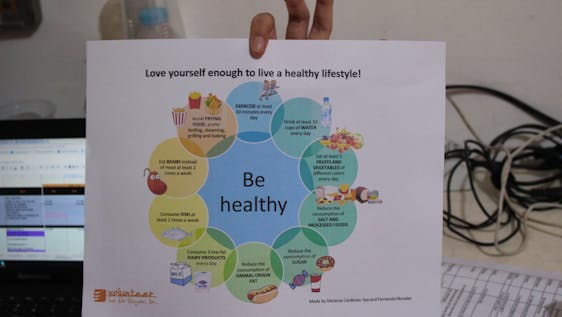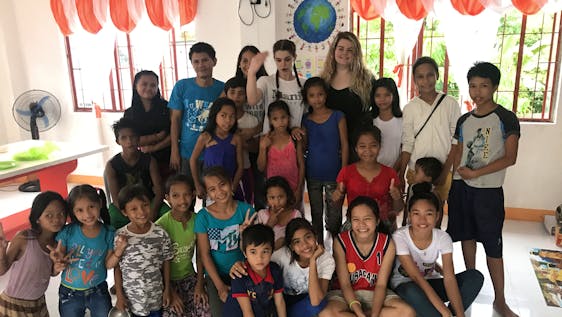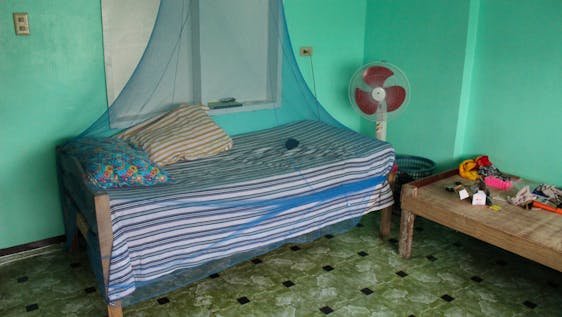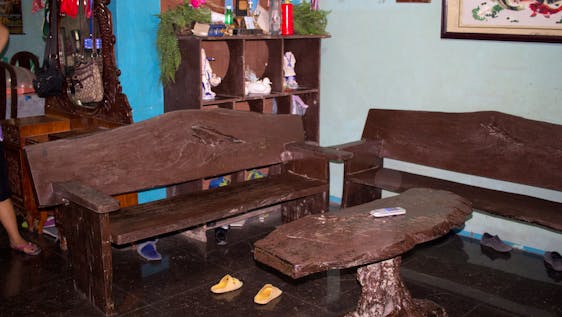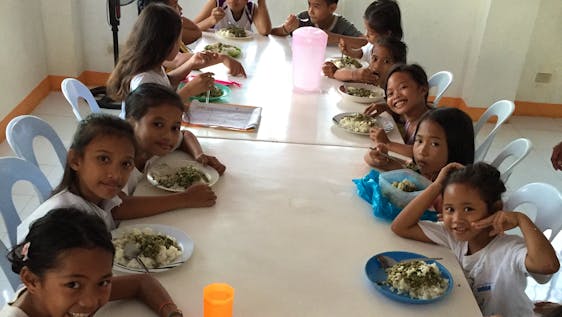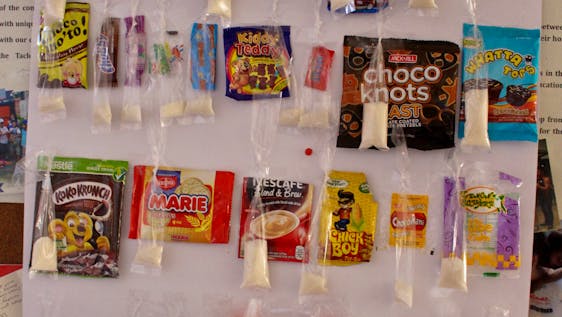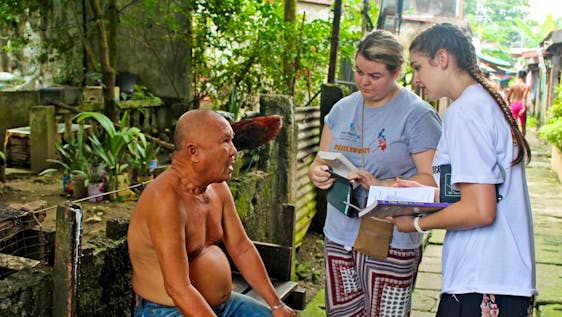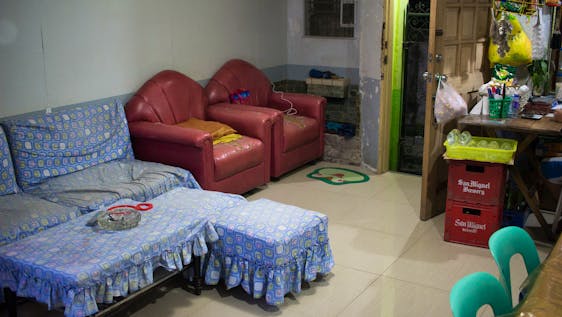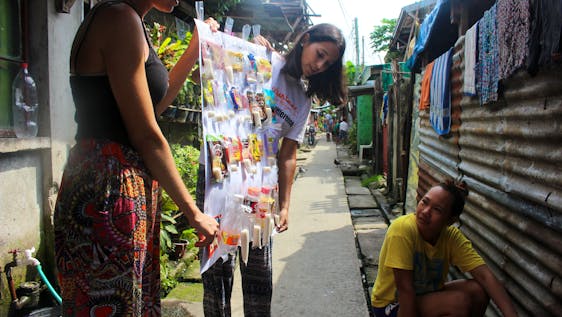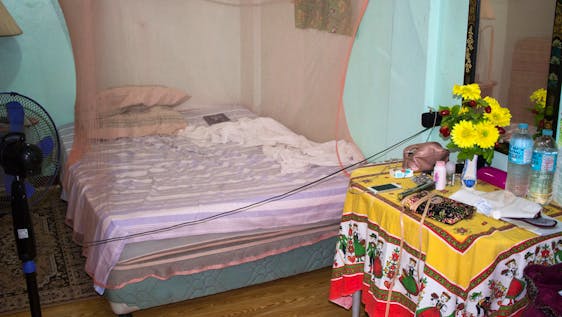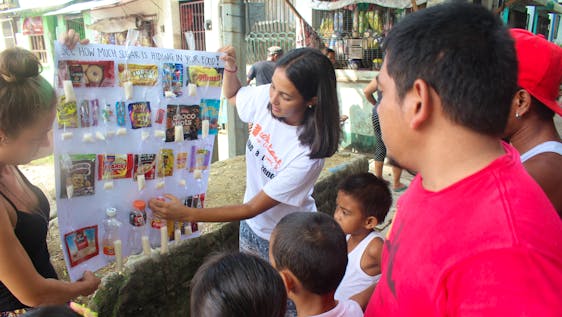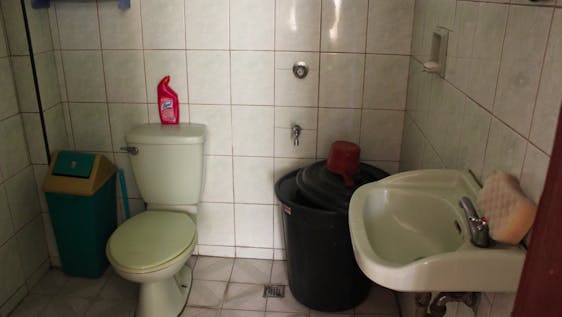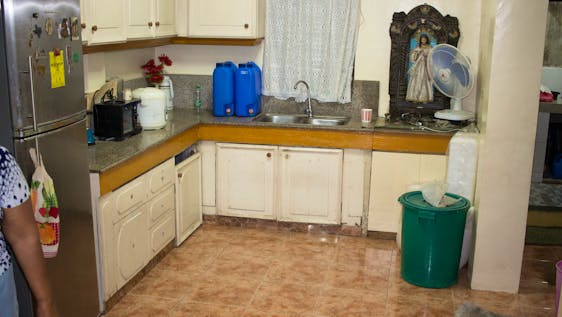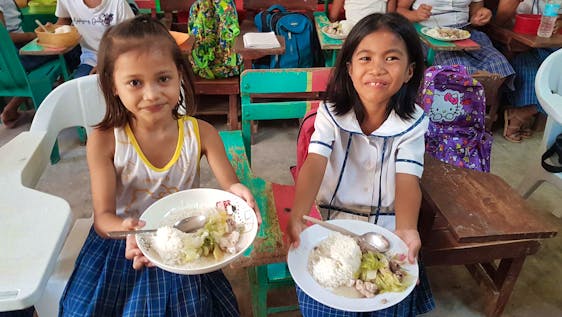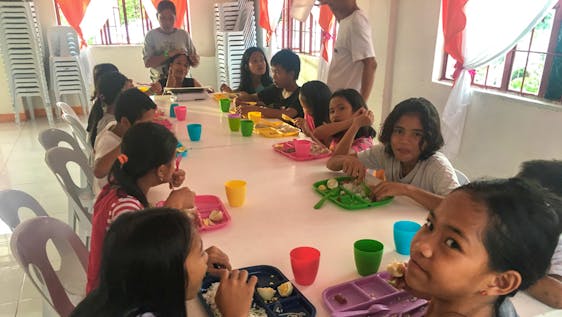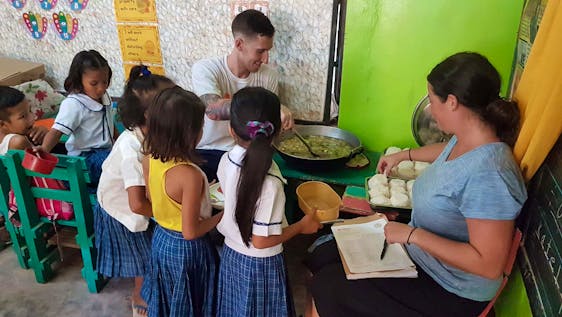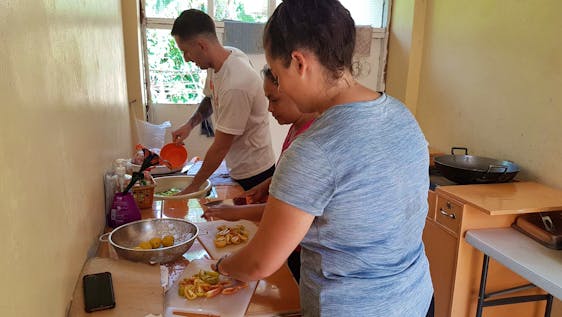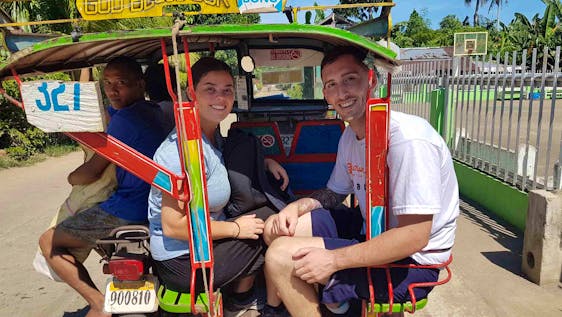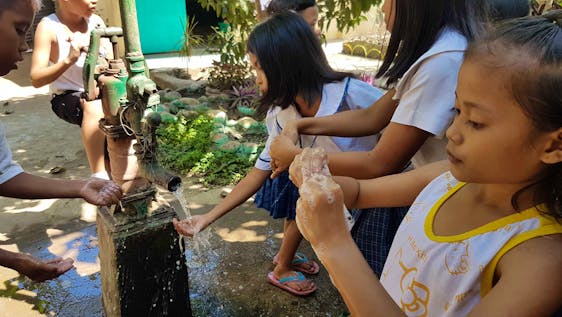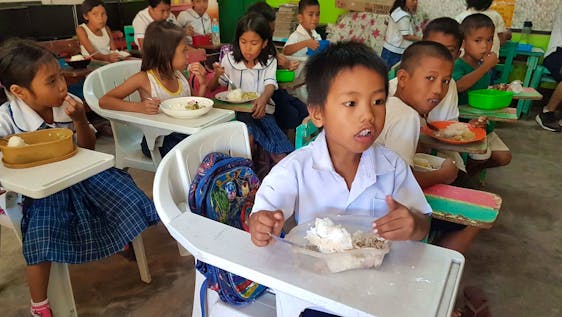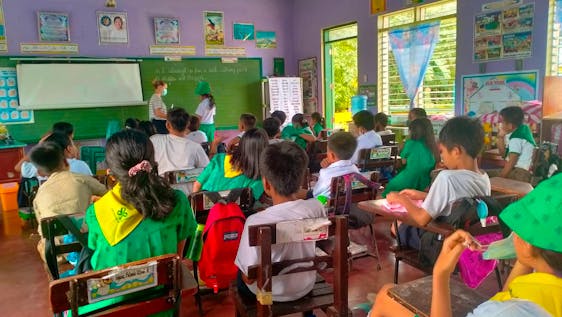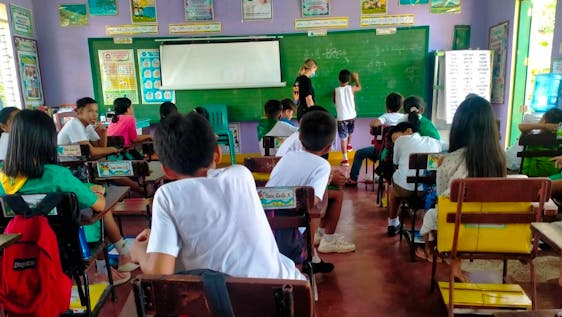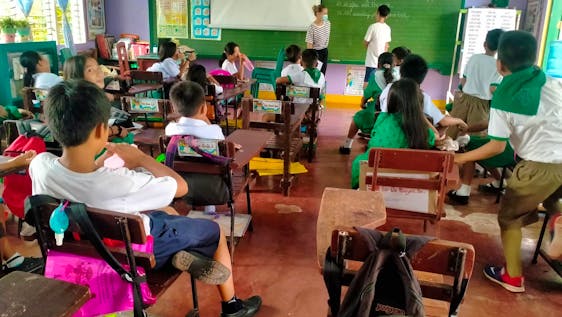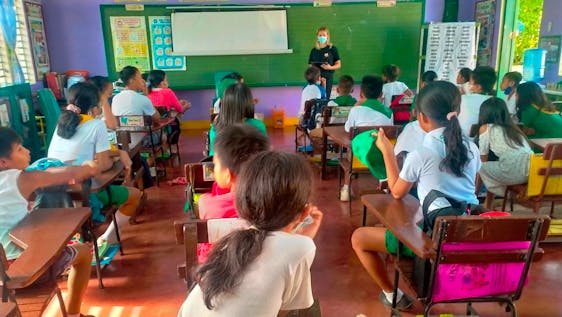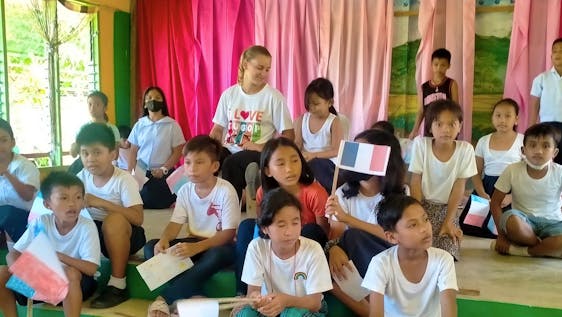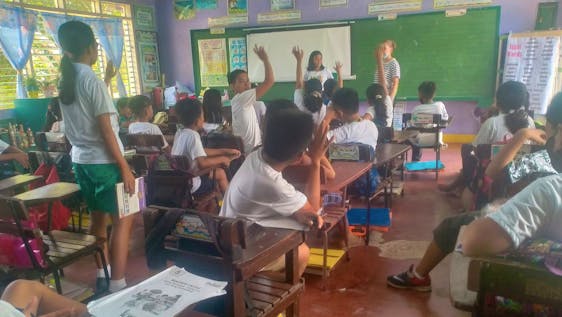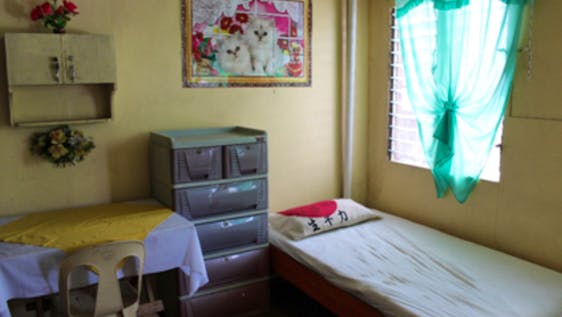Volunteer in the Philippines


Volunteer Opportunities in the Philippines
The Philippines, with over 7500 islands, sets itself apart from mainland Southeast Asia. It is defined by its emerald rice fields, teeming megacities, smoldering volcanoes, fuzzy water buffalos and smiling, happy-go-lucky people. It’s no surprise that it has become one of the most popular travel- and volunteering destinations.
Besides being a tourism hotspot, especially for those who love the beach and island life, let’s take a look at a few other interesting facts about the Philippines:
- Over 52 million people in the Philippines speak English making it the 5th largest English speaking nation in the world.
- Filipino’s are the number 1 texters in the world. They send an average of 400 texts a day.
- One of the most devastating volcanic eruptions that ever happened was in 1991 by mount Pinatubo close to Manila. The blast caused the global temperature to change by 1 degree.
- The Jeepney is a form of transportation that is very unique to the Philippines. Originally made from old military jeeps left behind by the Americans, it’s colorful style and design is maintained until this day.
- Christmas is the longest holiday in Indonesia with Christmas carols and decorations starting as early as September.
🇵🇭 Why Volunteer Abroad in the Philippines?
With a population of more than 100 million people, the Republic of the Philippines is the 12th biggest nation in the world. Asia's largest Catholic country is made up of over 100 ethnic groups. This fusion of culture and arts depicts the unique local identity that has attracted so many travelers from all over the world.
On the downside, due to the huge number of citizens, poverty has been a critical societal problem for this nation for a long time. In addition to the community aspects, the environment, and especially the ocean and its ecosystem, have suffered from the large population as well.
This means that there are all the more volunteer opportunities in the Philippines. Whether you want to help the locals by joining a community project or you want to become a marine conservation volunteer, we are happy to help you find the right volunteer work in the Philippines.
🤔 How Can I Volunteer in the Philippines?
There are many different volunteer programs in the Philippines for you to take part in. Whether your strengths lie in taking care of children, teaching a language or if your heart is set on protecting the ocean, we will definitely find the perfect volunteer work in the Philippines for you. Some of the volunteer categories you will work in while volunteering in the Philippines are:
- Marine Conservation
- Healthcare
- Teaching English
- Community service work
🐚 How to Volunteer for Marine Conservation in the Philippines
With one of the world’s longest coastlines, the Philippines is a global biodiversity hotspot. However, many of the beautiful coral reefs surrounding the islands are under a lot of pressure. Several threats are causing serious damage to this amazing ecosystem, such as
- overfishing
- destructive fishing (for example with dragnets)
- unregulated development
- climate change
As a volunteer in the Philippines for marine conservation, you get to spend a lot of time with your head under water. Keep in mind though that your average day as a marine conservation volunteer in the Philippines might also consist of office and research work. Also spreading awareness and teaching the local communities about sustainable coexistence with the ocean is very important work.
🦈 How to Volunteer with Marine Life in the Philippines
Another aspect of marine conservation is to protect the ocean’s inhabitants. In the Philippines, there are many projects that do research on endangered species. At these projects, you will be diving to do research and to collect tissue samples and data of native marine life. During these dives as a volunteer in the Philippines, you’ll encounter marine animals such as
- whale sharks
- sea turtles
- sharks
Of course, volunteers will work alongside trained professionals that will tell them exactly what to do so you can learn and help as much as possible. Definitely, consider these unique volunteer programs in the Philippines if you simply love the ocean and want to do your part in protecting its diverse marine species!
💬 How to Teach English in the Philippines
If you are interested in teaching English and gaining experience as a teacher, becoming a teaching volunteer in the Philippines sounds like the right project for you. While this nation is proud to be home to the fifth largest English-speaking population in the entire world, English teachers are still in great demand in rural areas. Your work as a volunteer in the Philippines can consist of:
- managing and organizing English classes
- playing games and guiding activities with the children
- teaching informal English classes
- helping the local teaching staff
Depending on your chosen volunteer work in the Philippines, you will work alongside permanent teachers and assist them or run your own classes. You will be in contact with the children and help them to improve their written and spoken English.
Teaching in the Philippines usually means that there is no work on the weekends so you will have plenty of time to plan weekend getaways and explore other parts of the Philippines and their culture as well.
Keep in mind that for these projects you will likely be living in a more rural area. This means that you will get to experience what life in the Philippines is really like. It will allow you to fully immerse yourself in this Asian nation's culture.
👩🏽⚕️ How to Volunteer for Healthcare in the Philippines
Unfortunately, Filipinos aren't very health conscious. Due to a diet high in oil, meat and sugar, cancer and heart-related diseases are the leading cause of death. In addition to that, the high poverty rate causes a lot of hunger and malnutrition amongst the poorer communities. Volunteering at tailored nutrition and feeding projects, you will:
- plan menus according to the nutritional deficiencies
- provide healthy meals to the community members
- educate parents and children about the importance of nutrition
If you come from a medical background, you can support projects at rural hospitals with your know-how and gain experience in public health services as a volunteer in the Philippines. Depending on your skills, your volunteer tasks can vary from taking patient information and vitals to visiting rural villages and providing medical services to the locals.
Either way, volunteering for a medical and healthcare project can be your opportunity to really make a difference concerning health and well-being in the present as well as the future.
👩🏾🤝👩🏼How to Volunteer for Community Services in the Philippines
In addition to being a teaching volunteer in the Philippines, there are many other ways for you to be of service to the local communities. Roll up your sleeves and help build the infrastructure that is lacking in many rural areas as a construction volunteer. Other community volunteer opportunities in the Philippines are:
- social work such as helping out in a rehab center
- supporting women empowerment
- working at a local orphanage
Given that about 50% of the population of the Filipinos is dealing with extreme poverty, the simple act of building a sustainable background by supporting one of these projects will positively impact lives. As a community volunteer in the Philippines, you can be sure that your work will really be making a difference, while at the same time, you will be learning a lot about the local communities and their culture.
Before deciding to do voluntary work at an orphanage, you need to make sure that you understand what your tasks are going to be and what you need to expect. The children you are going to be working with have not necessarily lost their parents to death. Many of these children have experienced violence or abuse and are traumatized. For this reason, it is essential that volunteers MUST have the appropriate skills. If not, you could be putting yourself and the children at risk.
🤑 How Much Does it Cost to Volunteer in the Philippines?
The suggested daily budget for living as a volunteer in the Philippines is between US$ 16 and US$ 31. This is an estimate made considering the average price of some of the services you might need and things you might want to buy. It gives you a general overview about how much things cost in this country, so you can prepare and save the money you will need.
Additional costs you should consider for volunteer work in the Philippines:
- program fees
- flight tickets (find cheap flights to the Philippines)
- travel insurance (find your travel insurance)
- fees for your visa
- personal expenses
An overview of living costs in the Philippines (in US$, for one person) is:
💡 Good to Know Before Volunteering in the Philippines
When you travel to a different country it's important to familiarise yourself with its unique culture and social characteristics. This helps you to settle in quickly, get in contact with the locals and avoid misunderstandings. Before you leave your home to become a volunteer in the Philippines, you should read through the following tips:
Culture and Religion
Due to their long colonial history, the Filipinos have evolved to be a unique blend of East and West. Even today their culture seems mainly Hispanic, with American and Asian influences peeking through.
They are famous for their kind heart and generosity. You will always be greeted with the nicest smile and feel at home right away.
As the Philippines is the largest Christian country in Asia, the majority of the people are Catholics. And they take their religion very seriously. Masses draw locals of all ages to their church, in both the city and the countryside. Around 5% of the population are Muslims and about 3% are Hindu, Sikh, Buddhist, Shinto or Taoist. Please keep in mind that it is important to respect religious habits and places at all times.
- Cover your head before entering a religious place
- Ask for permission before taking pictures of religious places
- Holy Week, All Saint’s Day & Christmas are really important holidays - Don’t expect a lot of business on these days
Even though the Philippines is a pious country, one thing that reflects their kindness is really good to know: In contrast to many other travel destinations, the gay culture in the Philippines is strong.
When volunteering in a different country, it's important to keep in mind that different cultures ask for different behaviors. Regarding the Filipino culture, please keep in mind that:
- Insults are taken seriously in the Philippines, so always be polite
- ‘No’ is a word that shouldn’t be used quite often
- Don’t judge a person’s karaoke skills
- Don’t be too punctual - about 15 minutes late is the socially accepted arrival time
🦺 Is it Safe to Volunteer in the Philippines?
Although Filipinos are generally friendly and accommodating, you need to remain aware of the high poverty rate (especially in big cities like Manila or Tacloban). Don’t wear or carry your valuables, like expensive smartphones or large bills, around openly. This attracts pickpockets which are rather common in the big cities.
You should keep the following safety guidelines in mind at all times during your volunteering journey in the Philippines:
- Do not walk around by yourself at night - stay in company of your fellow volunteers
- Do not openly display your valuables
- Only use cabs from a reputable taxi company that you can trust
- Don't accept drinks from strangers
- Beware of money changers
- Avoid large gatherings of people and demonstrations
- Do not ever take any kind of drugs. If caught, there is a very harsh penalty which can even result in death.
- Be particularly careful during the wet season – landslides and flash floods can occur unexpectedly
Health Advice
Contact your doctor 4 to 6 weeks before you become a volunteer in the Philippines. Certain vaccinations will be required for your trip. In addition, you might have to fill your prescription for all medications that you are planning on taking with you on your volunteer trip. The US based health protection agency CDC recommends to get the following vaccinations:
- MMR
- Diphtheria/ Tetanus/ Pertussis
- Chickenpox
- Polio
In addition, you should think about getting these vaccinations as well. Be sure to talk to your doctor to find out what makes sense in your individual case!
- Hepatitis A
- Hepatitis B
- Malaria
- Typhoid
- Yellow Fever
- Rabies
- Japanese Encephalitis
- Flu
🧐 Who Can Volunteer in the Philippines?
Different volunteer opportunities in the Philippines expect different skills and abilities from their volunteers. While you can find out the specific requirements on each project page, here are some general requirements that apply to most volunteer programs in the Philippines:
- The language requirements for volunteer projects in the Philippines vary, but -usually- basic English is required.
- You need to be at least 18 years old for most of the volunteer projects. When in doubt, we advise you to get in contact with the local project manager, as in some projects you can also volunteer when you're 16 years old.
- Volunteers can choose to stay between one week and 50 weeks; again: this depends on the project you are volunteering with
- When volunteering in a teaching or orphanage project make sure to plan in enough time and to bring a criminal background check
☝🏽 How to Volunteer in the Philippines
If you’re determined to volunteer in the Philippines and you’ve selected volunteer opportunities you’re passionate about. What’s next?
Let’s take a look at the first 3 steps which will send you on your way to volunteer in the Philippines in no time:
- Check whether there’s a match between the project and your skills.
- Take a look at the location of the project and decide whether it’s located in an area where you want to travel to.
- Get in touch with the organization and see whether your expectations and your schedule match up.
You’re almost done, hang in there. Once you know your destination, take the following 2 steps before setting off on your environmental conservation adventure!
- Look into the visa requirements for the country you will volunteer in.
- Make sure you have a valid passport.
🛂 Do I Need a Visa to Volunteer in the Philippines?
Please take into account that the following information is based on a best practice approach, which has been made according to the best of our knowledge and in cooperation with several volunteer organizations. That's why you should make sure to discuss your visa requirements with your project coordinator on Volunteer World. If in doubt, we also recommend getting in contact with the Filipino embassy or consulate in your country.
General Immigration Information
There are some general requirements you should comply upon your arrival and volunteer work arrival in the Philippines:
- Please check the current validity of your passport. The passport should be valid at least 6 months following your departure date from the Philippines. We strongly recommend traveling with 6 months validity on your passport at all times.
- Make sure your passport has at least two blank Visa pages. The Philippines requires that you have adequate unused pages in your passport, allowing for any necessary stamps upon arrival and departure.
- Please check if a transit visa is required for any connections.
- Make sure to be in possession of a valid return ticket for your travel home.
Best Practice for Short-Term Volunteers
The following information refers primarily to citizens of Australia, Switzerland, the USA and the member states of the EU.
- If you want to stay in the Philippines for less than 30 days, you can enter the country without a visa. Check this list of countries whose nationals can enter the Philippines without an entry visa.
- In case you are planning to stay in the Philippines for up to 59 days, you can extend your visa in one of the local immigration offices once you're in the country. This costs about US$ 60.
Best Practice for Long-Term Volunteers
If you are planning to volunteer in the Philippines for more than 59 days, you can extend your tourist visa for up to 3 years. However, you have to get an extension every two months and costs vary each time between US$ 55 and US$ 84. In addition, you have to get a so called ACR I-Card once you are staying more than two months. This card comes with the extension at the local immigration office. It has a validity of one year and costs US$ 50 and US$ 10 for the express lane.
 Activities
Activities
 Waste Reduction
Waste Reduction
 Environment
Environment
 Plant Conservation
Plant Conservation
 Coral Reef
Coral Reef
 Plastic Reduction
Plastic Reduction
 PADI Divemaster
PADI Divemaster
 Vegan
Vegan
 Marine Conservation
Marine Conservation
 Diving certificate
Diving certificate
 Diving
Diving
 Beach Cleaning
Beach Cleaning
 Snorkeling
Snorkeling
 Ocean Cleaning
Ocean Cleaning
 Premium
Premium
 Healthcare
Healthcare
 Medical Training
Medical Training
 Intern Abroad
Intern Abroad
 Community
Community
 Nursing Internship
Nursing Internship
 Construction
Construction
 Building Schools
Building Schools
 Education
Education
 Families with small kids
Families with small kids
 English Teaching
English Teaching
 Conservation Work
Conservation Work
 Social Work
Social Work
 Nutrition and Food
Nutrition and Food
 Primary School
Primary School
 Psychology Internship
Psychology Internship
 Orphanage
Orphanage
 Pediatrics Volunteer
Pediatrics Volunteer
 Special Needs
Special Needs
 Yoga
Yoga
 Women Empowerment
Women Empowerment
